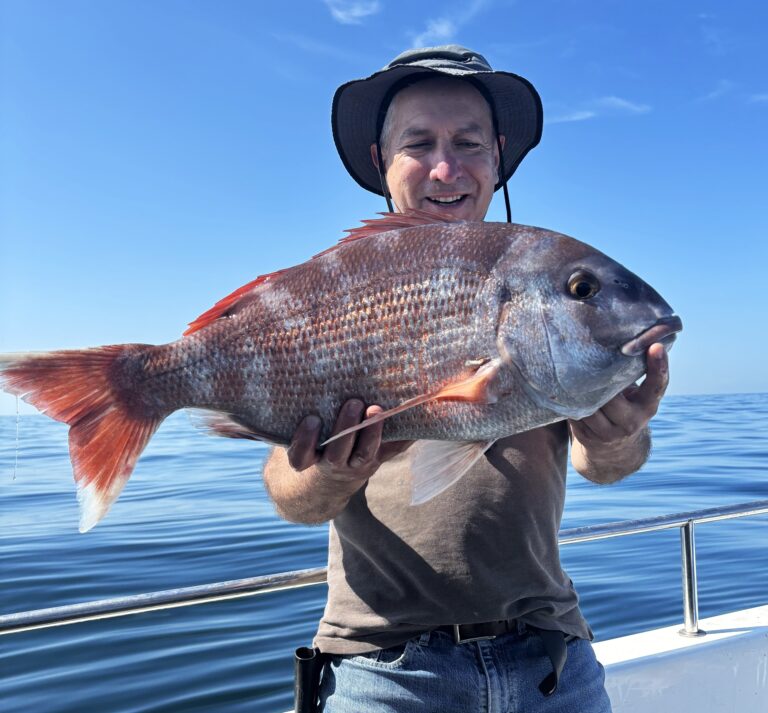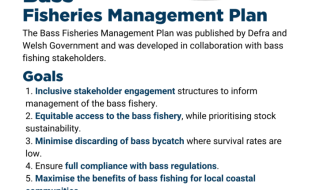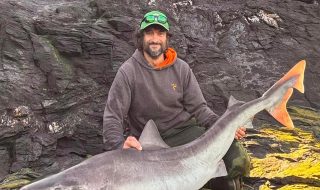Recreational sea angling in England supported over two billion pounds in total spending and supported over 23,000 jobs in 2012 according to the results published today of Sea Angling 2012 – a survey of recreational sea angling activity and economic value in England.
The results from the project – which was set up by Defra to find out how many sea anglers there are, how many fish are caught and returned and what the economic and social value of sea angling is—also estimates there are 890,000 recreational sea anglers in England – two per cent of the country’s total adult population.
As well as the huge economic impact sea angling contributes to England the report estimates that nearly four million days of sea angling took place in England last year with an estimated 10 million fish being caught and up to 75 per cent released alive by conservation-minded anglers. The vast majority of sea angling took place from the shore, followed by private boats and then charter boats.
Sea anglers contributing to the surveys identified improving fish stocks as the single most important factor for increasing participation in sea angling and declining fish stocks as the most important factor in declining participation, highlighting the huge benefits of more anglers spending more money that could be provided if fish stocks were restored and managed to cater for the £2 billion per-year sea angling sector.
However, motivations for going sea angling in the first place highlight being active, being outdoors and relaxation as the most important factors for sea anglers. The report also highlights many other social, environmental and health benefits that individuals and communities get from sea angling and which contribute to the Angling Trust’s National Angling Strategy which aims to get more people out fishing by providing coaching and introductory sessions, improving access to waters and restoring fish stocks.
The project, which was carried out by Cefas, the Marine Management Organisation, social research company Substance, and the Inshore Fishery and Conservation Authorities, comprised a range of surveys which took place between January 2012 and August 2013. This is the first time such a comprehensive study of sea angling has been attempted in England and presented huge challenges for the project team. The Angling Trust sat on the project’s steering group and along with other representatives of the sea angling community.
The full report as well as a 2 page summary can be downloaded HERE
David Mitchell, the Angling Trust’s Marine Campaigns Manager said: “This report highlights the immense economic value of sea angling and the role it plays in many coastal communities throughout England. More people angling more often will lead to huge economic, social and health benefits for individuals and communities, with only very limited impacts on fish stocks in most cases. What we need now is to see fish stocks restored and angling to be seen as the major player in the management of some species. The evidence is there – we must now make sure it gets turned into policy.”
Mark Lloyd, the Angling Trust’s Chief Executive said: “This report provides real evidence of the importance of sea angling to nearly a million people and many more who rely on sea anglers spending money in their seaside towns and villages. Sea angling is great fun and there are a huge range of fish to be caught, but it could be so much better if stocks were better managed. This report should be a wake-up call for politicians who have traditionally paid too much attention to the demands of the commercial sector and ignored recreational anglers, who generate far more revenue to the economy.”




